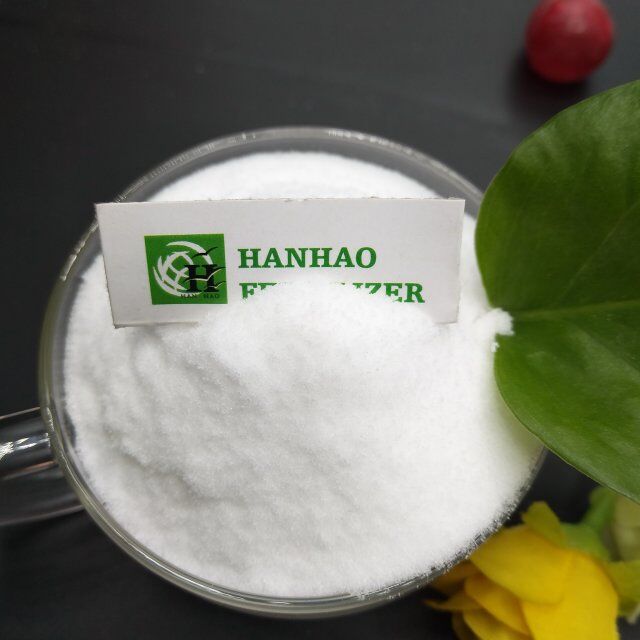
Nov . 11, 2024 23:40 Back to list
best organic fertilizer for tomato seedlings
The Best Organic Fertilizer for Tomato Seedlings
Growing tomatoes is a rewarding experience for any gardener, whether you are a novice or a seasoned pro. However, to produce healthy and fruitful tomato plants, understanding their nutritional needs is essential. Among these needs, the choice of fertilizer is crucial. This article explores the best organic fertilizers for tomato seedlings, ensuring your plants have the best start possible.
Why Choose Organic Fertilizer?
Organic fertilizers are derived from natural sources, making them a great choice for those who want to grow healthy plants without synthetic chemicals. They enhance soil fertility, promote beneficial microbial life, and improve soil structure. This is particularly important for tomatoes, which thrive in rich, well-aerated soils. Organic fertilizers also provide a gradual release of nutrients, reducing the risk of fertilizer burn and promoting healthy root development.
Key Nutrients for Tomato Seedlings
Tomato plants require three primary nutrients nitrogen (N), phosphorus (P), and potassium (K), often referred to as N-P-K. Each nutrient plays a vital role
- Nitrogen (N) Essential for leafy growth, nitrogen helps your tomato seedlings develop strong stems and lush foliage. - Phosphorus (P) Crucial for roots, flowering, and fruit development, phosphorus is vital for early growth stages. - Potassium (K) This nutrient aids in overall plant health, helping resist disease and promoting sweet, flavorful fruit.
A balanced ratio of these nutrients is necessary for optimal growth. Organic fertilizers usually come with varied N-P-K ratios, so it's important to select one that caters to the specific growth stage of your seedlings.
Top Organic Fertilizers for Tomato Seedlings
1. Compost Rich in nutrients and beneficial microorganisms, compost improves soil structure and adds organic matter. It can be easily made at home using kitchen scraps and yard waste. Mix compost into your potting soil when sowing tomato seeds, providing a slow release of nutrients as the seedlings grow.
best organic fertilizer for tomato seedlings

2. Fish Emulsion This liquid fertilizer is made from fish byproducts and is high in nitrogen, making it ideal for promoting healthy foliage. Fish emulsion should be diluted according to package instructions and applied every 2-4 weeks during the growing season.
3. Bone Meal An excellent source of phosphorus, bone meal encourages strong root systems and blooms. Sprinkle bone meal into the planting holes before transplanting seedlings into larger containers or the garden. It breaks down slowly, providing a steady nutrient supply.
4. Kelp Meal This seaweed-based fertilizer is packed with potassium and trace minerals. It not only boosts nutrient uptake but also improves the plant's resilience against stress. Kelp meal can be mixed into the soil or applied as a tea for quick absorption.
5. Blood Meal This high-nitrogen fertilizer is derived from animal blood and is highly effective in promoting rapid growth. However, it should be used sparingly to avoid nitrogen burn.
6. Worm Castings The waste of earthworms is a powerhouse of nutrients and beneficial microbes. It enhances soil structure and water retention while providing a gentle nutrient boost. Mixing worm castings into your soil or using it as a top dressing can work wonders for your tomato seedlings.
Application Tips
When applying organic fertilizers, it’s best to start with small amounts and gradually increase as the seedlings grow. Over-fertilization can lead to nutrient buildup and can harm plants. Always follow the instructions on the fertilizer package for optimal results.
Conclusion
Choosing the right organic fertilizer for your tomato seedlings can make all the difference in their growth and productivity. By incorporating materials like compost, fish emulsion, bone meal, and others, you can ensure your tomatoes thrive and yield a bountiful harvest. Embrace organic gardening techniques to not only support your plants but also nurture the environment. Happy gardening!
-
10-10-10 Organic Fertilizer - Balanced NPK Formula
NewsAug.02,2025
-
Premium Organic Manure Compost for Eco Gardens
NewsAug.01,2025
-
Organic 10-10-10 Fertilizer | Balanced Plant Nutrients
NewsJul.31,2025
-
Premium Amino Acid Fertilizer | Rapid Plant Growth Booster
NewsJul.31,2025
-
10 10 10 Fertilizer Organic—Balanced NPK for All Plants
NewsJul.30,2025
-
Premium 10 10 10 Fertilizer Organic for Balanced Plant Growth
NewsJul.29,2025
